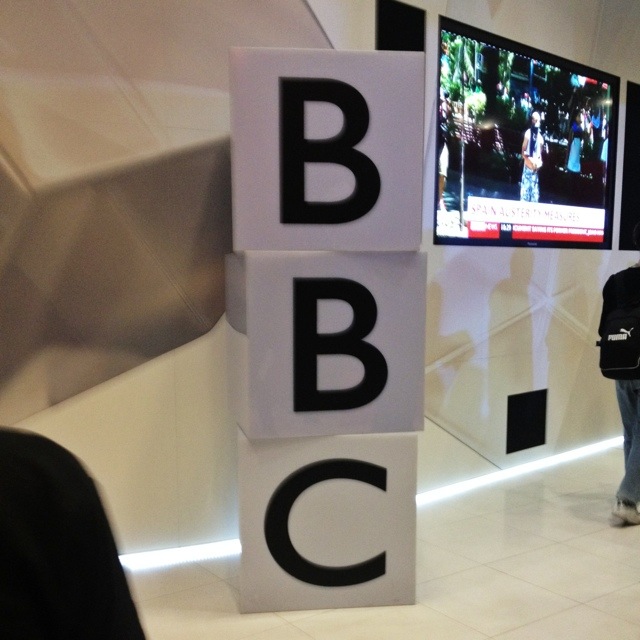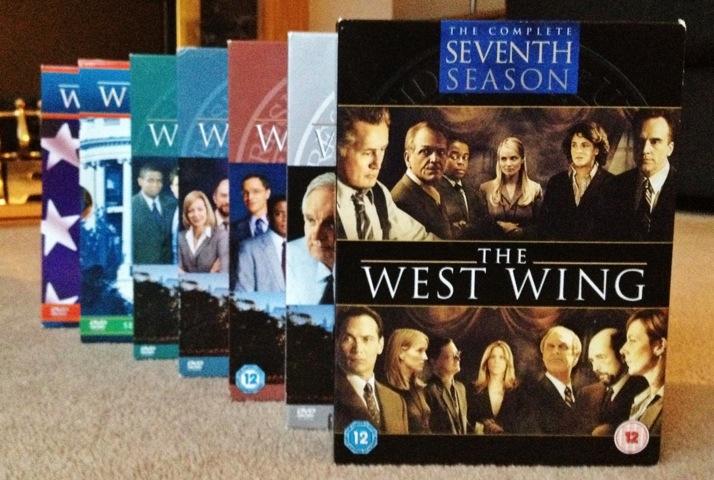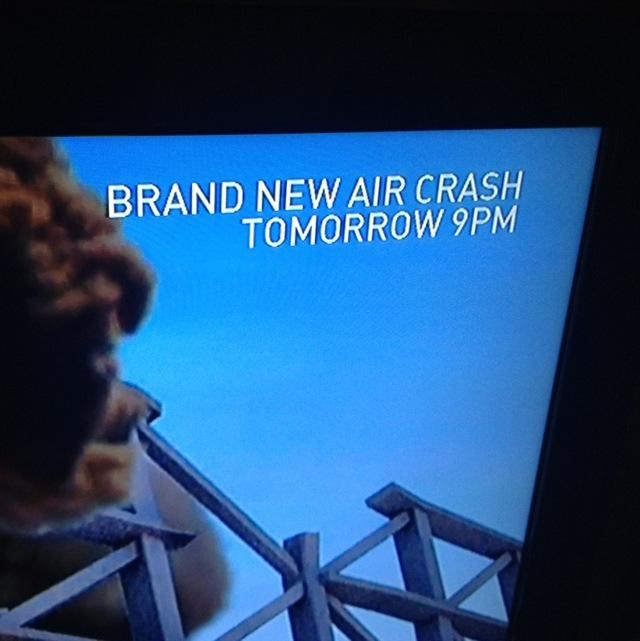On Saturday, a rally was held in London against the Health and Social Care Bill. Tweets have suggested that this peaceful rally was somewhat over-policed, with armed riot police in attendance and protesters being kettled. There’s some coverage on Indymedia, but little coverage by the mainstream media.
There’s a Twitter meme stating that the reason for the lack of mainstream media coverage is because a “D-Notice” has been issued by the Government to prevent reporting. This meme appears to stem from Dr No’s blog.
I should state clearly at this point that I have no inside information about what the defence services have or haven’t done, and no inside information about the media. I’m neither a professional journalist nor a signatory to the Official Secrets Act. However, the idea that a D-Notice was issued to cover up a protest by a couple of hundred people about a Government bill seems utter crap.
D-Notices, which have been called DA-Notices since 1993, are controlled by the Defence, Press and Broadcasting Advisory Committee (DPBAC): they are not under the direct control of government. There are five government representatives on this committee, and 16 members of the media, nominated by bodies like the Press Association, Google, the BBC, and ITV. So for us to believe that a DA-Notice was used to cover up a protest, we must also believe that 16 members of the media – or, I guess, at least six members of the media to carry a majority on the committee – felt that this was appropriate action. Also, since DA-Notices are merely advisory, it must also be the case that not one journalist chose to break rank and shout to all and sundry about the most audacious UK government cover-up of a peaceful protest in history.
DA-Notices are very seldom used. Often, the existence of the DA-Notice itself is reported – these aren’t super injunctions. Back in 2009, the existence of a DA-Notice was extensively reported after Bob Quick accidentally flashed sensitive information to photographers when arriving at Downing Street. The photos were printed in many newspapers and shown extensively on news programmes, with the offending information blurred out and the DA-Notice cited as the reason. There was also discussion around DA-Notices and Wikileaks. So we must also believe that not only have media representatives voted for a DA-Notice to be implemented, but that journalists have also spontaneously agreed not to discuss the very existence of a surely controversial notice.
DA-Notices are so seldom used that in possibly the biggest temporary media blackout of recent years – when Prince Harry served in Afghanistan – a DA-Notice wasn’t issued, but merely a gentleman’s agreement by the press attempted (unsuccessfully) to ensure that the news wasn’t leaked in advance.
There are five standing types of DA-Notice, which relate to: the military; nuclear facilities; secure communications; sensitive installations; and security and intelligence services. I wonder which type of DA-Notice Dr No believes this protest falls under?
A quick Google search reveals that, in addition to Saturday’s relatively small NHS protest, a rally against climate change, an anti-workfare protest, a protest against the Assad regime in Syria, a protest against stop-and-search, and an anti-fur demo all took place in London on Saturday. I’m sure all feel that their protests were under-reported in the mainstream media.
Perhaps the media agreed to the issue of DA-Notices against all of these protests this weekend. Or perhaps it was felt that none of these protests was particularly newsworthy. Perhaps the protests were felt to be a little predictable – a restatement of a known position, rather than anything new. And I’d imagine that there were many complaints about perceived poor policing over the weekend, given the level of complaint against the police on any given day. Each incident in itself is unlikely to be newsworthy.
Perhaps I’m wrong. Perhaps there has been a cover-up and a media blackout about this protest. But that’s an extraordinary claim and, like Carl Sagan, it’ll take extraordinary evidence to convince me. Until that’s available, perhaps protestors should stick to the facts.


